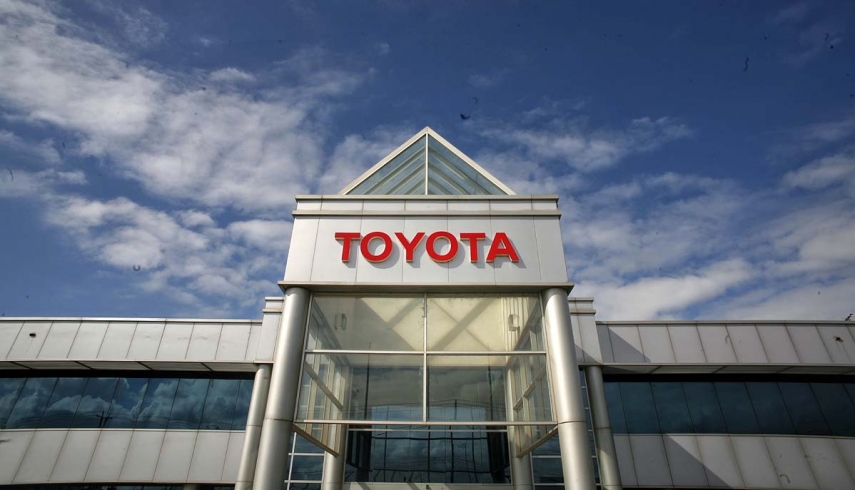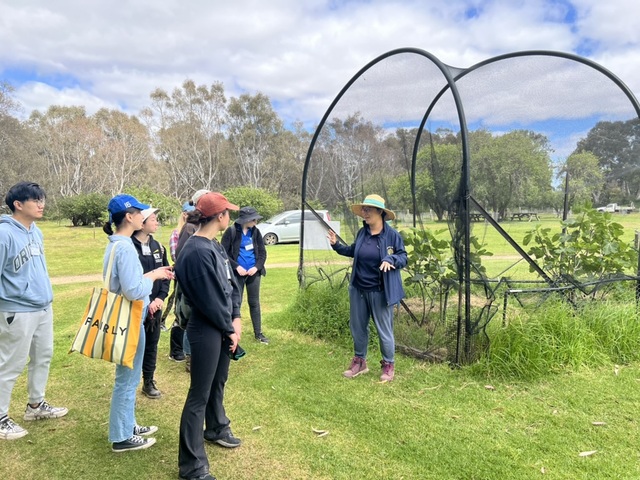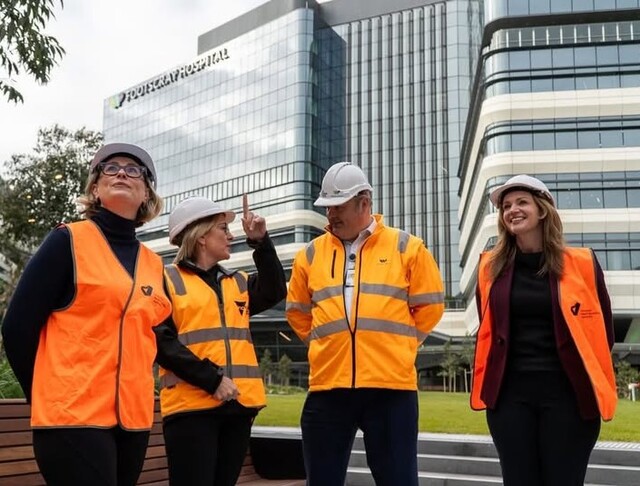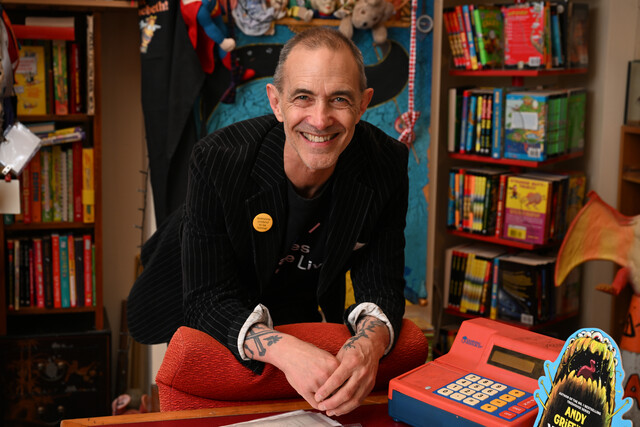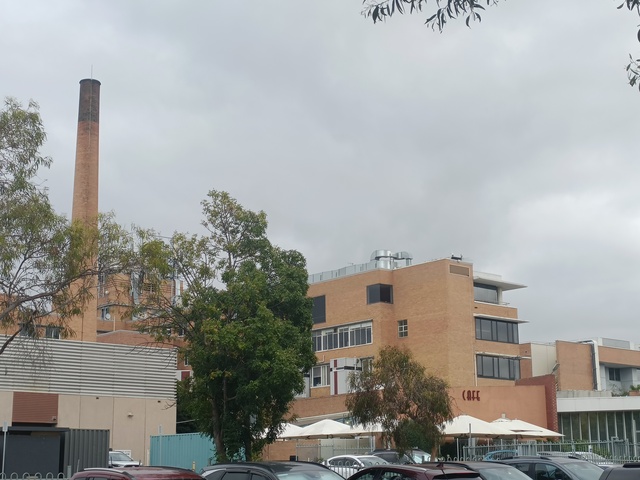The end of Australia’s car manufacturing industry has arrived, with Toyota on Monday telling its 4200 local staff it will no longer make cars in Melbourne beyond 2017.
A small army of security guards assembled at the company’s Altona plant, ahead of the annual address by Toyota Australia president Max Yasuda on Monday afternoon.
They were told of Toyota’s decision to end local manufacturing in 2017, with an estimated 2500 manufacturing workers will lose their jobs at Toyota’s Altona plant.
In less than 12 months all three of Australia’s car manufacturers – Ford, Holden and now Toyota – have pulled the pin on the local industry.
The decision is a massive blow for the economies of Victoria and South Australia.
The parts industry alone employs 18,000 people in Victoria and 6000 in South Australia.
“Toyota Australia today announced that it will stop building cars in Australia by the end of 2017 and become a national sales and distribution company,” the company said in a media statement.
“This means that local manufacturing of the Camry, Camry Hybrid and Aurion vehicles, as well as the production of four cylinder engines, will cease by the end of 2017.”
“The decision was not based on any single factor. The market and economic factors contributing to the decision include the unfavourable Australian dollar that makes exports unviable, high costs of manufacturing and low economies of scale for our vehicle production and local supplier base,” the statement says.
“Together with one of the most open and fragmented automotive markets in the world and increased competitiveness due to current and future Free Trade Agreements, it is not viable to continue building cars in Australia.”
Toyota Australia chief executive Max Yasuda said the company had done everything it could to transform its business.
“But the reality is that there are too many factors beyond our control that make it unviable to build cars in Australia,” he said
Labor industry spokesman Kim Carr was furious with the decision.
”Tony Abbott has effectively chased them out of Australia,” Mr Carr said. ‘‘This is a government that prides itself on its capacity to destroy industries. 2013 was a referendum on the future of the automotive industry. I am truly appalled. The social and economic implications of this decision for Australian manufacturing are disastrous.
‘‘None of this was necessary, this was never inevitable. What is the alternative for the 30,000 auto workers in Victoria?”
Mr Carr said the Labor government had budgeted $200 million to help Toyota build the next-generation Camry in Australia beyond 2017.
”This government has a viciousness to it, a callous disregard for the social consequences,” Mr Carr said.
”Toyota made it very clear that they need a log term consistent globally competitive policy suitable to attract future investment.”
Unions laid the blame for the announcement on Prime Minister Tony Abbott, saying the closure came as a result of the Coalition ‘‘refusing to support investment in Australia’’.
And one union official predicted the departure of Toyota could throw Australia’s eastern states into recession. Australian Manufacturing Workers Union vehicle division secretary Dave Smith said the closure in 2017 would be devastating for thousands of workers and the entire Australian manufacturing industry.
‘‘This decision will see thousands of jobs exit Australia – not only at Toyota directly but all the way down the supply chain,’’ Mr Smith said. ‘‘The magnitude of this decision in the community cannot be underestimated. We are looking at a potential recession all along the south-eastern seaboard.’’
Mr Smith said the government was ‘‘chasing important and viable operations out of Australia. This is serious injections of foreign capital we are waving goodbye to across the manufacturing sector’’.
He said there was not a a car industry in the world that did not receive government support.
“If you value something, you invest in it. This government is driving jobs and our economy into the ground.”
Last month Industry minister Ian McFarlane estimated that 30,000 jobs could be gone from the industry in less than three years if Toyota quit the country.
In May last year Ford announced it would cease production in Australia, with an estimated 1200 Victorian workers to lose their jobs in October 2016.
Then, in December, General Motors Holden announced it would also end local manufacturing, a move that would force 2900 staff out of jobs, including 1300 in Victoria.
A review of the parts industry, by Allens Consulting Group for the Federal Chamber of Automotive Industries found that local car makers spend $2.25 billion a year with suppliers in Victoria and $600 million in South Australia.
Toyota’s future has been in doubt following a Productivity Commission recommendation that the federal government end all subsidies of the car industry.
Toyota has consistently stated it needs to cuts to labour costs are part of an overall move to reduce production costs per car by $3800 by 2018 and keep the car maker in Australia.

